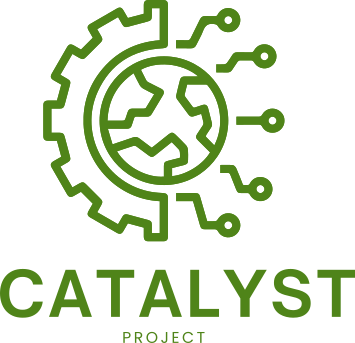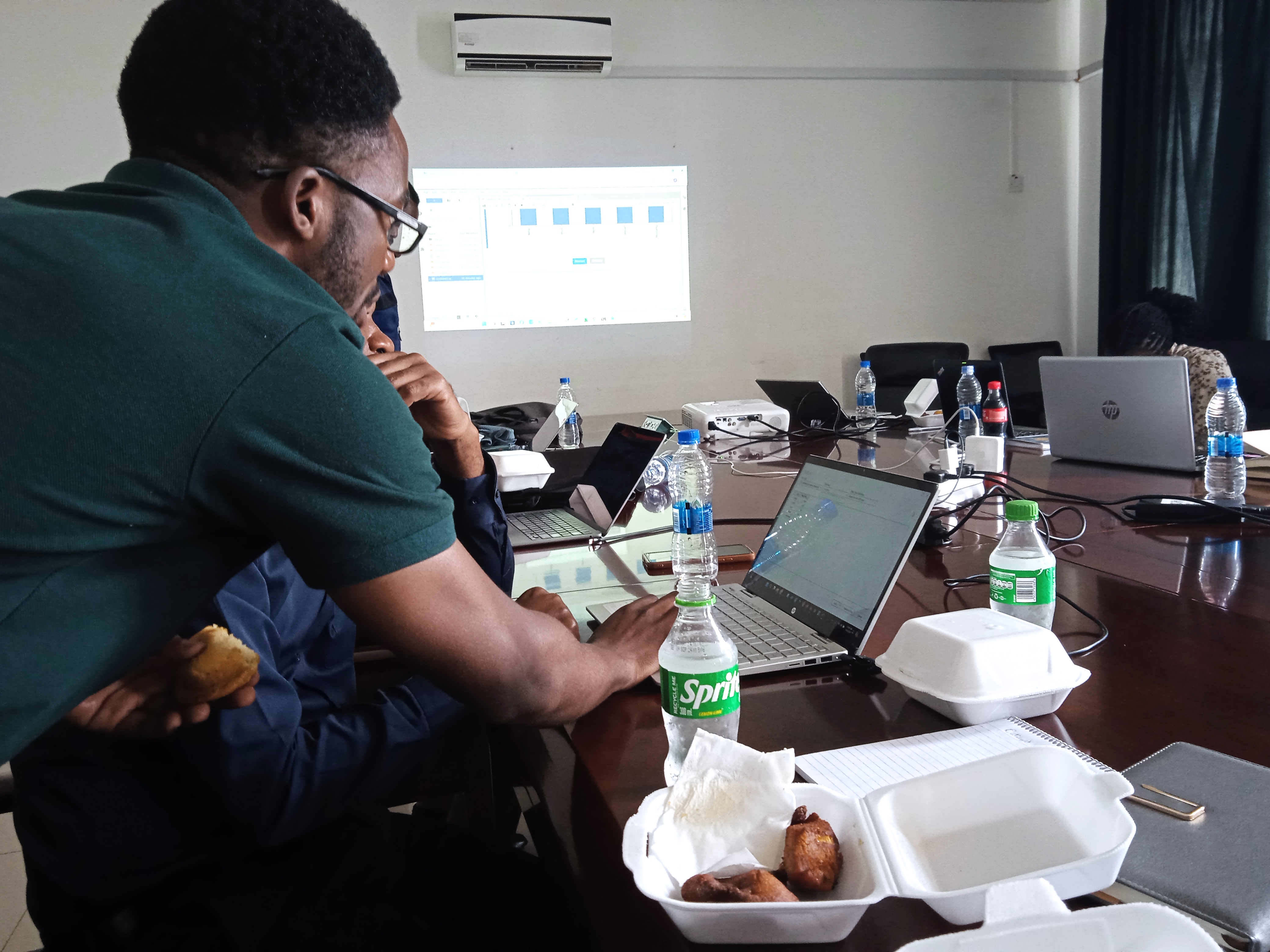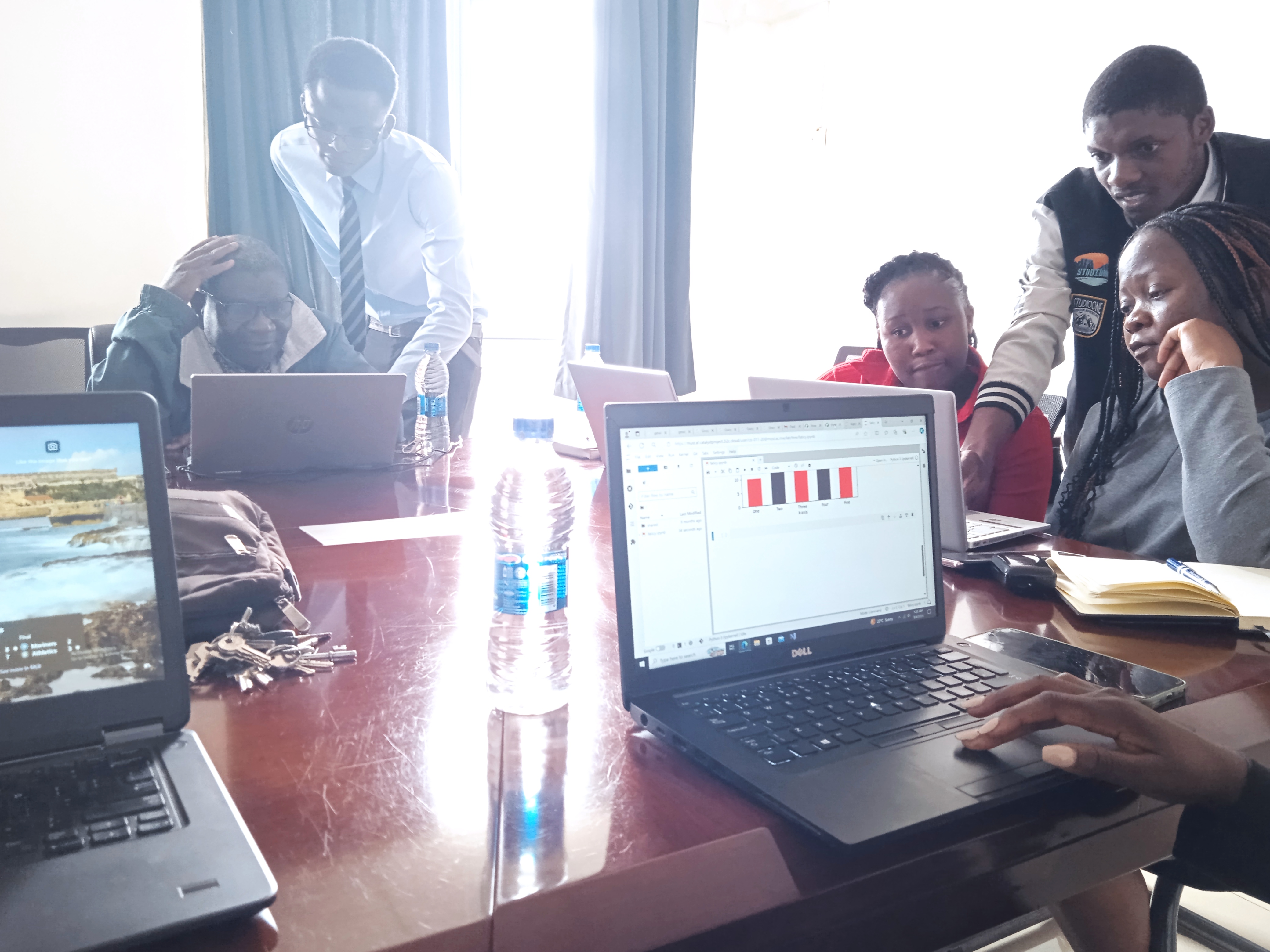Community Partner Highlight - Malawi University of Science and Technology (MUST)#
This blog post is part of a series highlighting the Catalyst Project’s Community Partners, who are using the Catalyst Project cloud infrastructure to further various projects in the biosciences. Community Partners also play a vital role in shaping our governance model to help us sustain, scale and maximise impact in Latin America, Africa, and under-served communities around the world.
In this blog post, Bennett Kankuzi shares how partnering with the Catalyst Project is impacting the Malawi University of Science and Technology (MUST).
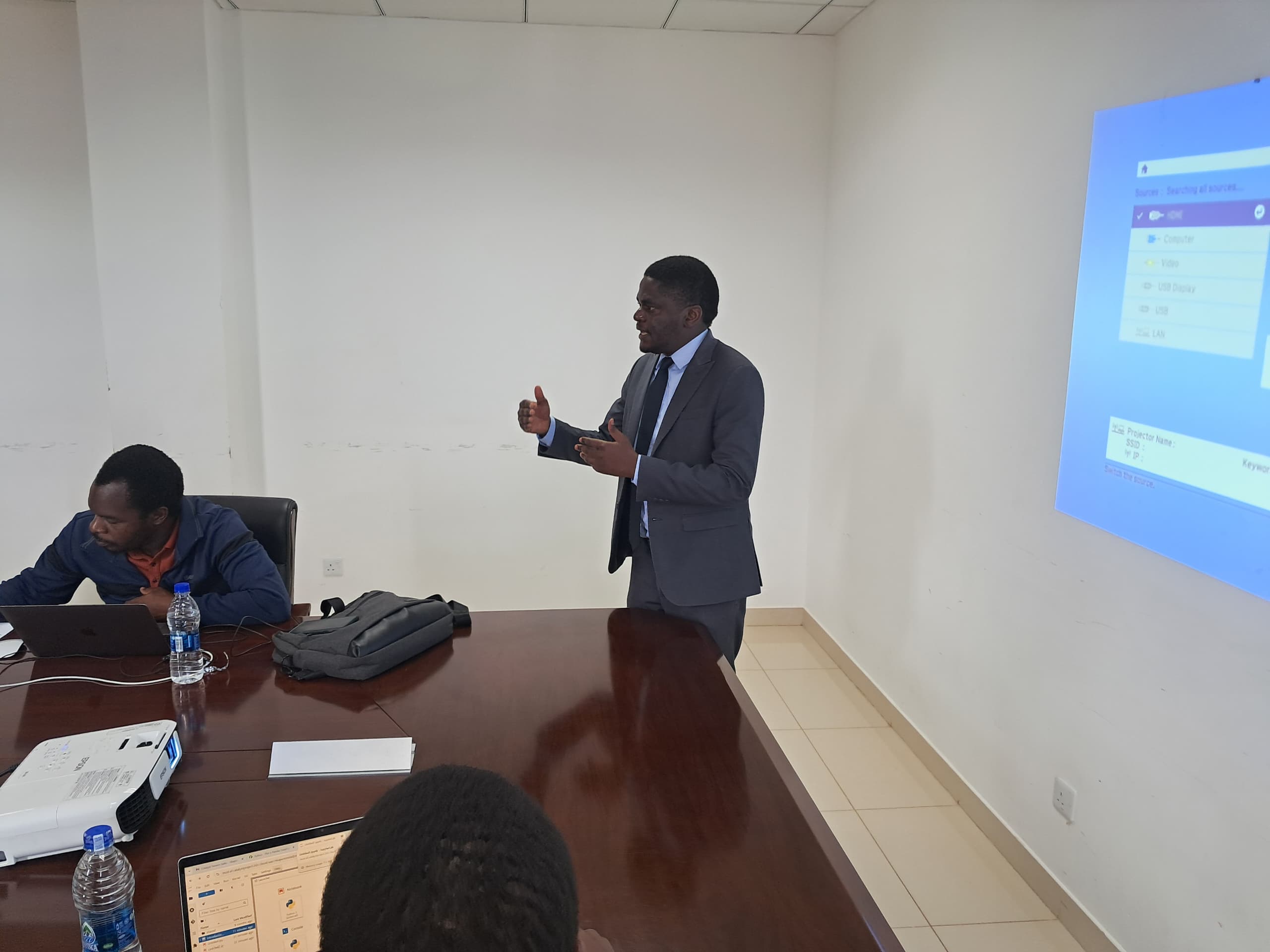
Dr. Bennett Kankuzi opening the MUST Catalyst Project Community Capacity Building session on 4 September 2024#
Could you introduce yourself to our readers? Tell us about your organisation/institute/project and the research the members of your community are working on right now.
We are the Catalyst Project Community at the Malawi University of Science and Technology (MUST) in Malawi. Our goal is to popularise the applicability of data science and artificial intelligence in various undergraduate and postgraduate research contexts in Malawi, including health, business, and education. Currently the MUST Catalyst Project community has more than 50 active users, with postgraduate students and faculty being primary users.
“The Catalyst Project at Malawi University of Science and Technology has come at the right time when many staff and students needed a robust and easily accessible platform from which they could efficiently run their machine learning models and do advanced data analysis for their data science research without even being physically available on campus.”
What are you specifically using the cloud infrastructure for? What kinds of data are stored there? What software packages does your community use?
Staff and postgraduate students at MUST primarily use the Catalyst Project cloud infrastructure in their research, running machine learning models in Python and data analysis in R. For example, some second year students in MUST’s MSc Data Science program, who are completing their research for their dissertations, have recently been using the platform to run machine learning models. As such, the platform has been (and continues to be) very helpful. Indeed, several research papers by researchers at MUST have been accepted for publication, based on work done using the Catalyst Project cloud infrastructure.
Can you tell us about your experience with the Catalyst Project so far? E.g., have you participated in any training options through Catalyst? What have you enjoyed most so far?
Nathan Kaperemela from MUST participated in Carpentries Instructor Training in May 2024 while Arthur Mwang’onda participated in the 2i2c Hub Champion Training in April 2024. Since then, Nathan and Arthur helped facilitate a MUST Catalyst Project Community Capacity Building session that we successfully held on 4 September 2024 at the MUST campus. The aim of the capacity building was to introduce more community members to the 2i2c operated JupyterHub for MUST.
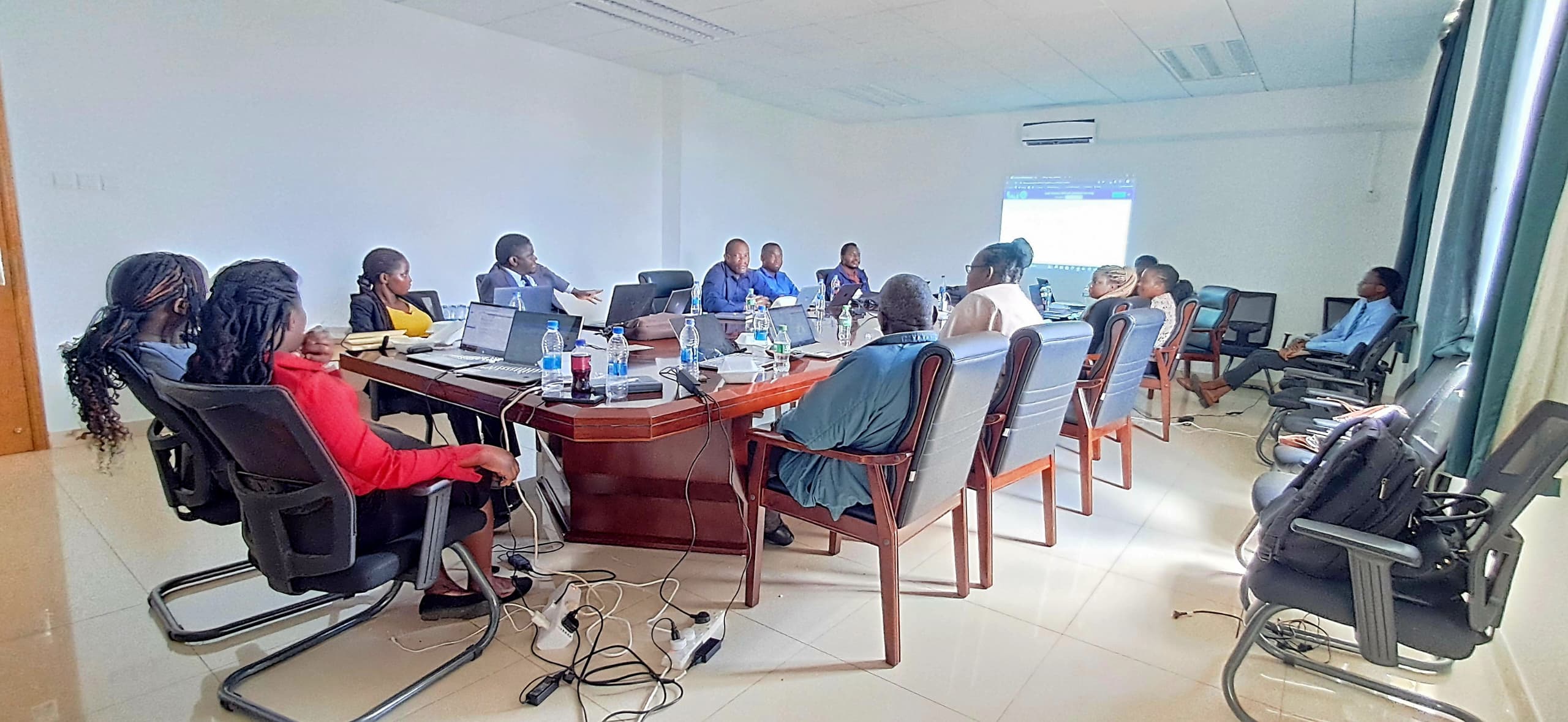
Participants in the MUST Catalyst Project Community Capacity Building session on 4 September 2024.#
All Photos courtesy of Bennett Kankuzi.
